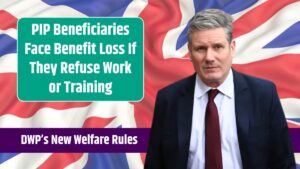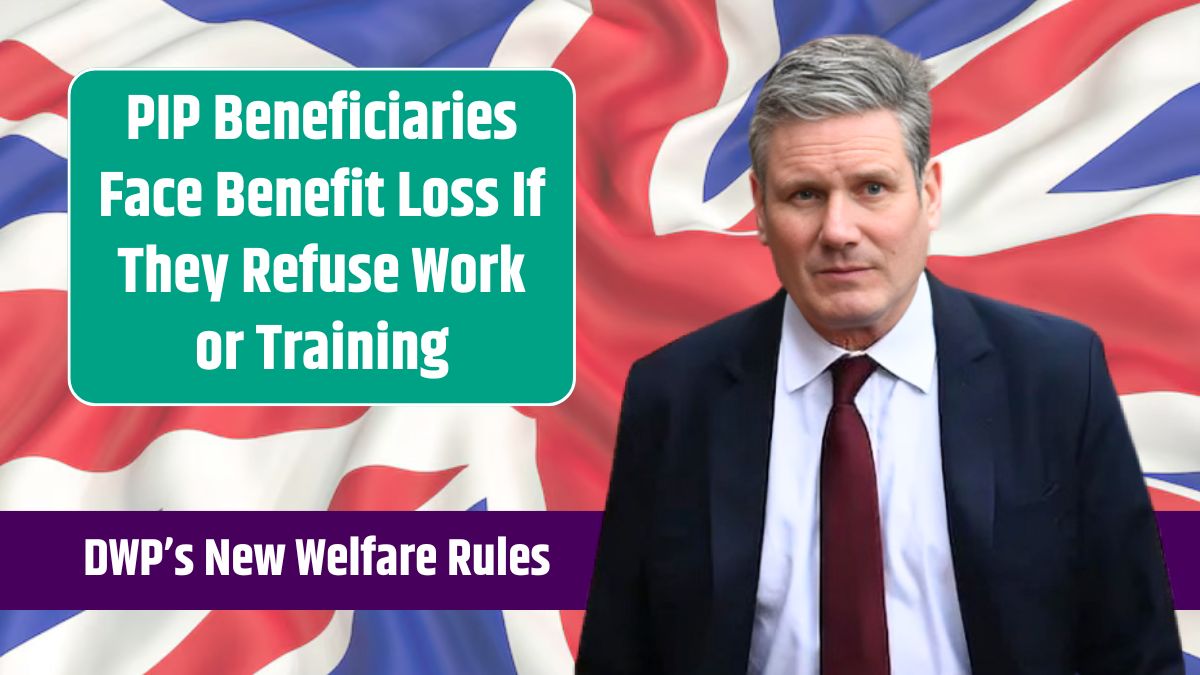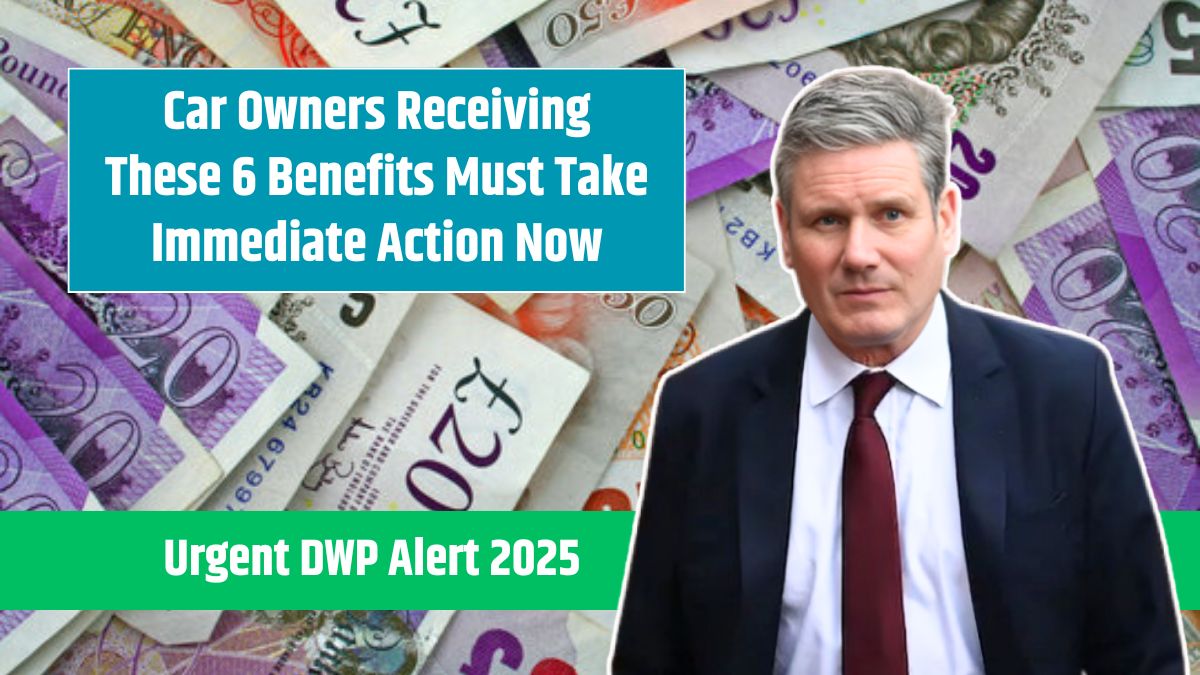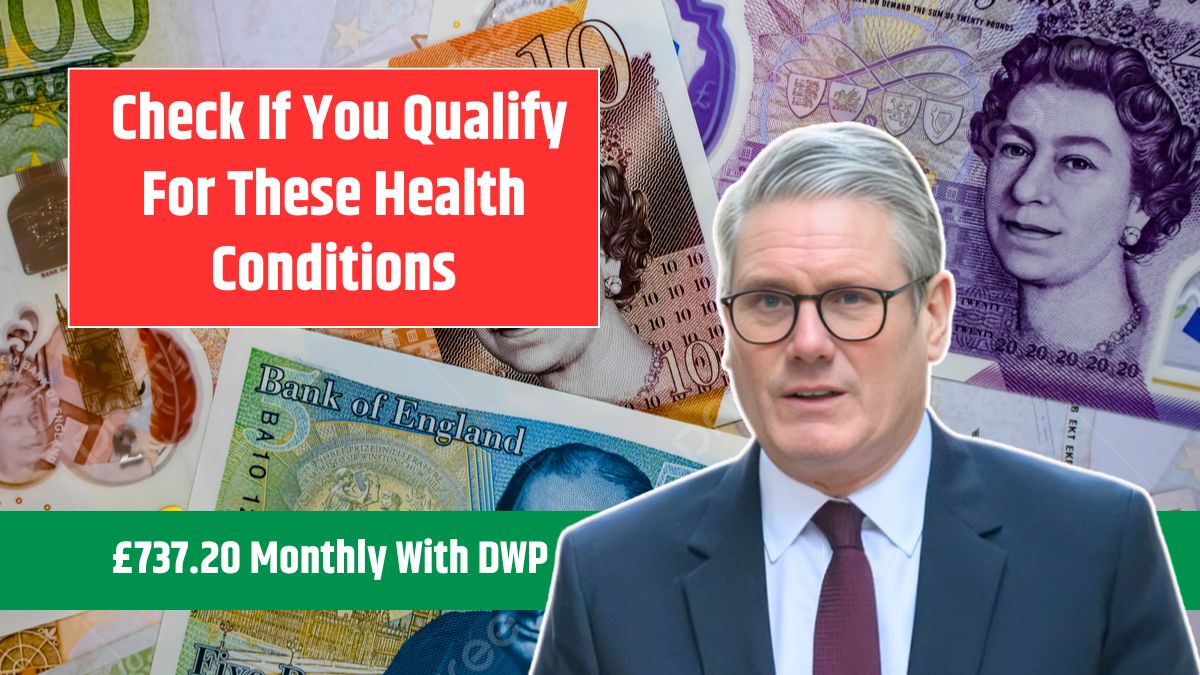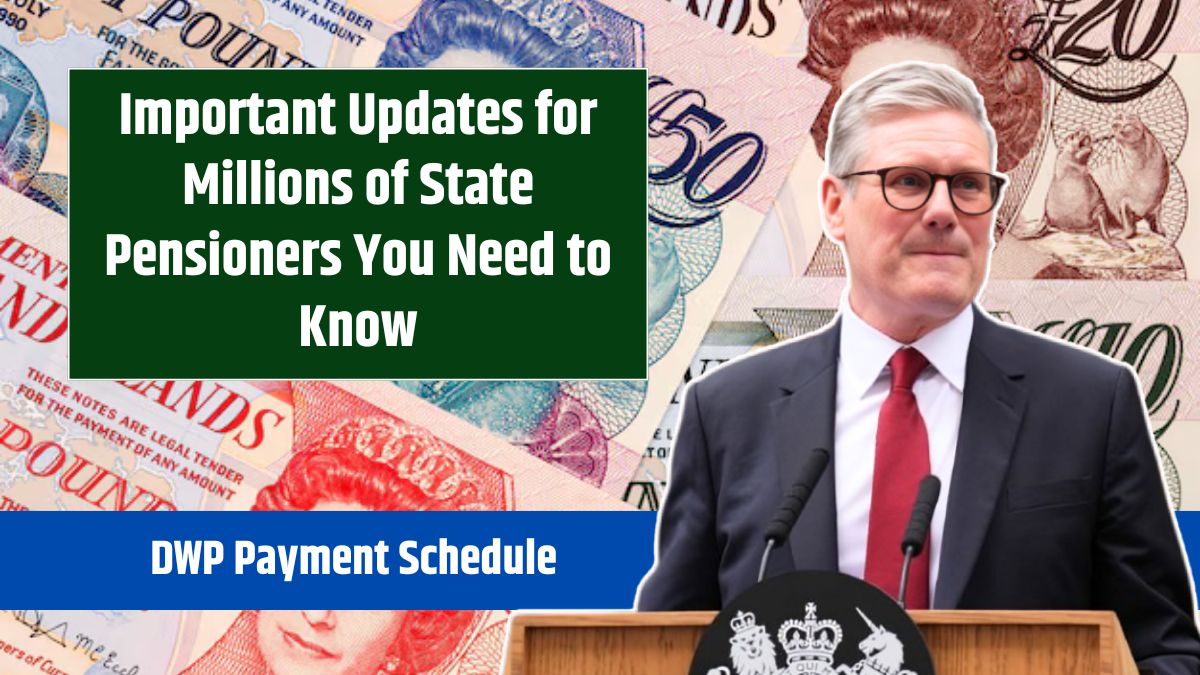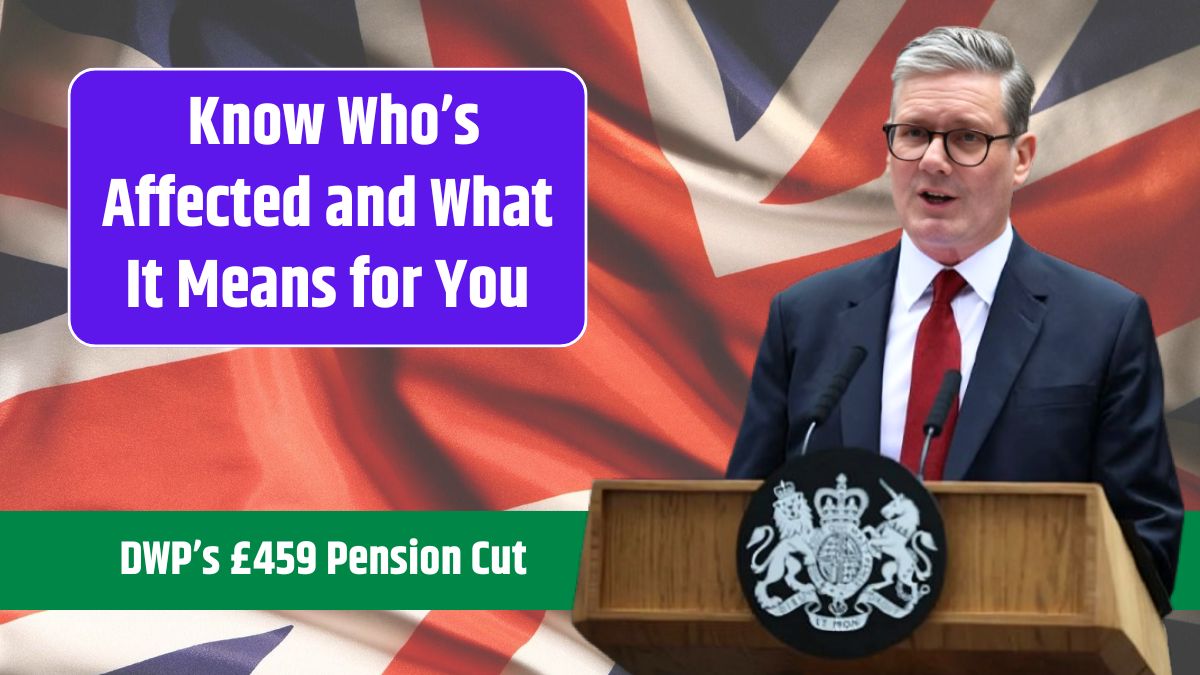The Department for Work and Pensions (DWP) has officially confirmed a 1.7% increase in Universal Credit rates for 2025. This decision follows the annual inflation review and aims to support individuals and families struggling with the rising cost of living.
The increase will automatically be applied to payments, ensuring that claimants receive higher support without needing to take any action.
Let’s break down the new rates, how they affect claimants, and what other benefits will also see adjustments.
Universal Credit
Universal Credit is a government benefit designed to provide financial assistance to individuals and families with low incomes or those who are unemployed.
It simplifies the benefits system by merging multiple older benefits into one monthly payment.
Legacy Benefits
Before Universal Credit, various benefits were available separately. However, they have been gradually replaced to create a more streamlined system. The benefits replaced include:
- Child Tax Credit
- Housing Benefit
- Income Support
- Income-based Jobseeker’s Allowance (JSA)
- Income-related Employment and Support Allowance (ESA)
- Working Tax Credit
Claimants receiving these benefits are being moved to Universal Credit through a phased transition.
Payment Rates
The 1.7% increase in Universal Credit rates applies to different claimant categories. Here’s a detailed breakdown of how payments will change in 2025:
| Category | 2024 Rate (£) | 2025 Rate (£) | Increase (£) |
|---|---|---|---|
| Single, aged 25+ | 393.45 | 400.14 | 6.69 |
| Single, aged 25+ with limited capability for work | 809.64 | 823.41 | 13.77 |
| Single, aged 25+ with one child | 681.37 | 692.95 | 11.58 |
| Couple, one adult aged 25+, two children | 1,193.44 | 1,213.72 | 20.28 |
The increase aims to help claimants keep up with inflation and maintain financial stability.
Other Benefits
In addition to Universal Credit, other benefits will also see an uplift in 2025, ensuring broader financial support for vulnerable groups.
- Personal Independence Payment (PIP): Provides financial support for individuals with disabilities.
- Child Benefit: Helps parents with the cost of raising children.
- Carer’s Allowance: Supports those caring for someone with significant needs.
Pension-Age Benefits
Pension-age benefits, including the State Pension, will increase by 4.1% under the triple-lock mechanism. This system ensures that pensions rise in line with inflation, wage growth, or a minimum of 2.5%, whichever is highest.
Impact
The 2025 Universal Credit increase will provide financial relief to thousands of households, ensuring that their payments keep pace with rising living costs. The automatic update means claimants don’t need to take any action.
- Increased Financial Stability: The uplift helps claimants maintain their purchasing power amid inflation.
- Seamless Transition: Payments will be adjusted automatically, ensuring no disruptions.
- Broader Support: The increase extends to related benefits, strengthening overall financial assistance.
Increase
The government adjusts benefit rates annually to reflect economic conditions and inflation. The 1.7% Universal Credit increase is based on the September 2024 inflation figures and is part of the government’s commitment to supporting low-income households.
Key factors influencing the increase:
- Inflation Rate: The rise in benefit payments aligns with inflation data.
- Triple-Lock Mechanism: Ensures fair increases in pension-age benefits.
- Economic Pressures: Addresses the rising cost of living for vulnerable populations.
Changes
Claimants should review their payment statements to ensure they receive the updated amounts. While no application is needed, staying informed about these changes can help with financial planning.
- Check Payment Statements: Confirm that the new rates are applied correctly.
- Budget Accordingly: Adjust financial plans based on the increased payments.
- Seek Assistance: Contact the DWP if any discrepancies arise in payments.
The 2025 Universal Credit increase reflects the government’s effort to keep financial support in line with inflation. By automatically adjusting payments and extending the uplift to related benefits, the DWP aims to provide comprehensive assistance to those in need.
With no reapplication required, claimants can focus on maintaining financial stability without additional stress. This increase, combined with other benefit adjustments, reinforces the commitment to supporting low-income and vulnerable households.
FAQs
When will the 2025 Universal Credit increase take effect?
The new rates will be applied starting April 2025.
Do I need to apply for the Universal Credit increase?
No, the increase is automatic, and no application is required.
How much will a single person over 25 receive in 2025?
A single person over 25 will receive £400.14 per month.
Will other benefits increase in 2025?
Yes, benefits like PIP, Carer’s Allowance, and Child Benefit will also rise.
Why is the Universal Credit increase 1.7%?
The increase is based on the September 2024 inflation rate.

